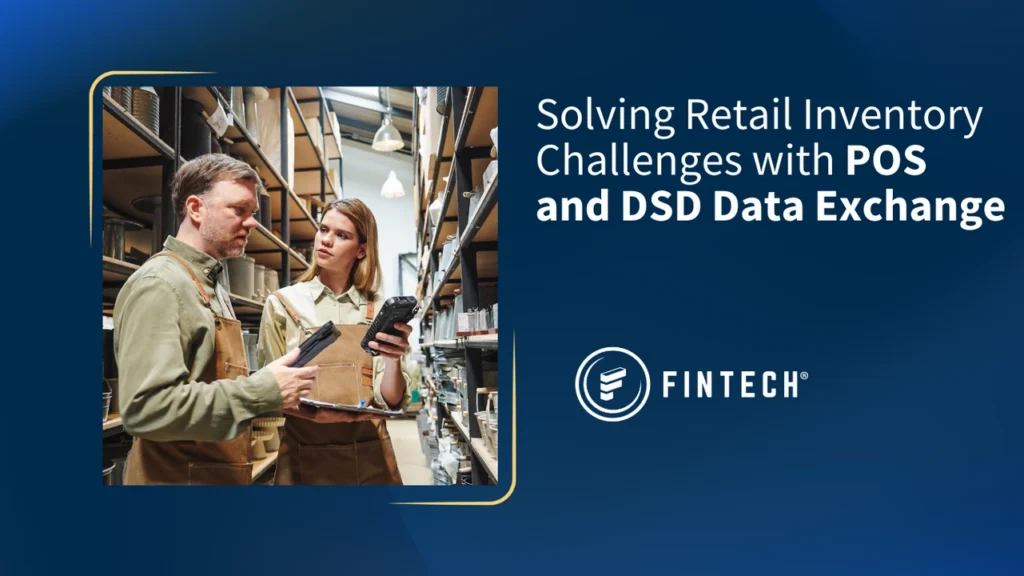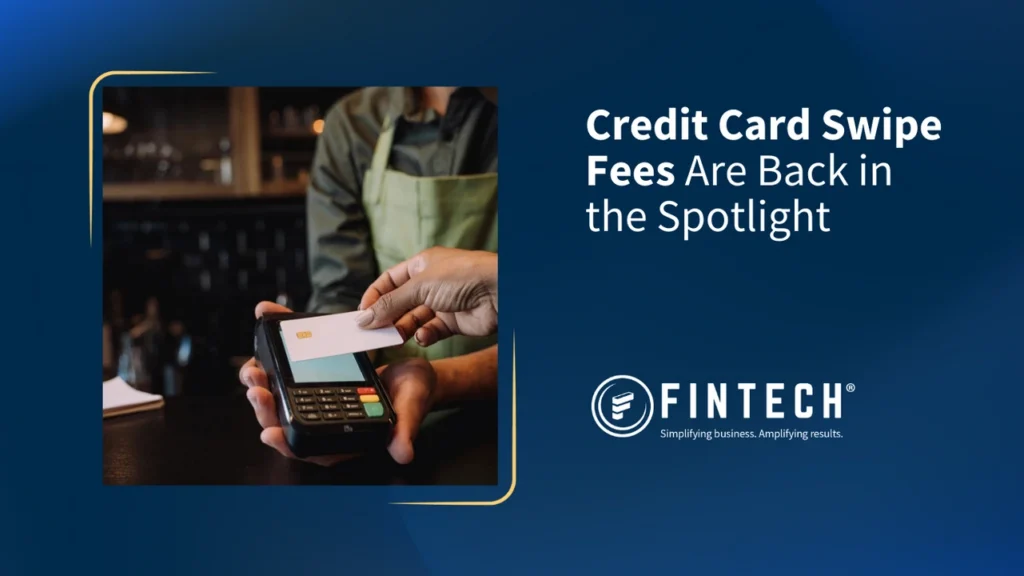From the Desk of Richard Blau – Alcohol Beverage Section Chair, Gray Robinson, P.A.
Sazerac Company, Inc., one of America’s foremost alcohol beverage suppliers and the makers of Fireball Cinnamon Whisky, is being sued in federal court for fraud and misrepresentation. The lawsuit alleges consumer confusion over another Sazerac product – the Fireball Cinnamon mini bottles that are low alcohol products made with whisky flavoring and added caramel coloring but contain no distilled spirits.
The smaller Fireball Cinnamon bottles, which sell for 99 cents, derive their low alcohol content from a blend of malt beverage and wine, which allows the product to be sold in grocery chains and convenience stores across most of America. In contrast, Sazerac’s flavored whisky products are called Fireball Cinnamon Whisky, and typically by law are sold only in liquor stores, bars and restaurants with the correct licensing to sell distilled spirits.
Federal law requires that an alcohol beverage product disclose its contents on the product label, and that labels not be misleading. The Fireball Cinnamon label states that the product is a “malt beverage with natural whisky & other flavors and caramel color,” In compliance with federal and state liquor laws, Sazerac obtained a Certificate of Label Approval (“COLA”) from the U.S. Alcohol and Tobacco Tax and Trade Bureau (“TTB”) for its low-alcohol Fireball Cinnamon prior to marketing the product.
So, why the lawsuit? The plaintiff in the case of Marquez v. Sazerac Company, Inc. argues that Sazerac created consumer confusion for several reasons. First, there are two types of small-sized Fireball-branded products: one that contains whisky and one that does not, but they both look quite similar. Moreover, both products are sold in the same sized packaging (50 ml bottles), and both cost approximately $1 per bottle. Which the plaintiff argues adds to the confusion.
Additionally, Ms. Marquez claims Sazerac used deceptive wording on the low alcohol product’s label to obfuscate the fact that Fireball Cinnamon contained no whisky. The Fireball Cinnamon label states: “MALT BEVERAGE WITH NATURAL WHISKY & OTHER FLAVORS AND CARAMEL COLOR.” According to the complaint filed in the U.S. District Court for the Northern District of Illinois:
13. Using the words “With Natural Whisky & Other Flavors” is a clever turn of phrase because consumers who strain to read this will see how it “Natural Whisky” is distinct from “Other Flavors.”
14. They will think the Product is a malt beverage with added (1) natural whisky and (2) other flavors.
15. What the label means to say is that the Product contains “Natural Whisky Flavors & Other Flavors,” but by not including the word “Flavors” after “Natural Whisky,” purchasers who look closely will expect the distilled spirit of whisky was added as a separate ingredient.
The federal lawsuit seeks over $5 million in damages on behalf of Ms. Marquez and consumers who purchased Fireball Cinnamon and live in Alaska, Arizona, Arkansas, Idaho, Illinois, Iowa, Kansas, Mississippi, North Dakota, South Carolina, Utah or Wyoming.
The law firm behind the suit is known for suing big food and beverage companies alleging misleading advertising. In October of 2021, the same lawyers sued Kellogg for not having real strawberries in Strawberry Pop-Tarts; months before the Pop-Tarts lawsuit, they sued Frito-Lay for not having enough lime juice in the snack food company’s Hint of Lime chips. According to published news reports, the same law firm filed over 400 similar lawsuits as of 2021; Sazerac’s Fireball Cinnamon is their latest target.
Sue the Manufacturer – But what About the Retailer
Although Ms. Marquez’ attorney has chosen to sue only Sazerac, it is important for retailers to understand that they, too, can be sued for selling products that have false or misleading labels if the retailers actively engage in promoting the products in question. Consumer protection plaintiffs often rely on the federal Lanham Act, and particularly its provision codified as 15 U.S.C. § 1125(a)(1)(A), when claiming that a product is labeled or advertised using false or misleading statements that allegedly hurt a consumer or business. To succeed in court, the claimant must prove that a false or misleading statement was made in commerce, and that the statement creates a likelihood of harm to the plaintiff. Harm can include allegations that the product’s false or misleading label induced the consumer to purchase the product, whereas truthful information would not have led to a sale.
Typically, retailers will not face liability if they simply move the product down the distribution chain and provide a venue for resale to consumers. For example, in the case of Corker v. Costco Wholesale Corporation,[1] a federal trial court dismissed claims against retail chains sued for simply reselling a brand of coffee labeled by the supplier as “Kona Coffee” when the product did not come from the Kona region of Hawaii. According to the federal court, retailers that “were simply retailing products produced, manufactured, and packaged by third parties” are not liable for the third parties’ mislabeling.
However, the same court went on to note that:
The Court does not mean to imply that a retailer can never be held liable on a false advertising claim under the Lanham Act. If, for example, a retailer controls or participates in the creation of the offending label or creates additional marketing materials for a product that amplify the manufacturer’s misrepresentations, imposition of liability for false advertising may be appropriate.[2]
In this case, most retailers likely sold the Fireball products using promotional materials such as inside signage and displays provided by the supplier in accordance with applicable alcohol trade practice laws. That would explain with Ms. Marquez’ lawyer only sued Sazerac.
[1] 2019 WL 5895430 (United States District Court, W.D. Washington 2019).
[2] Id., citing JST Distr., LLC v. CNV.com, Inc., C17-6264PSG, 2018 WL 6113092 (C.D. Cal. Mar. 7, 2018) (allowing Lanham Act claim to proceed against retailer who marketed and advertised deceptively-labeled products on its website and was alleged to be “at the center of a massive hub-and-spoke conspiracy to sell tainted” product).
Where Will it End?
How will this litigation turn out? The complaint was only filed on January 7, 2023, so it is way too early in the litigation process to predict a result. However, the overwhelming majority of these cases settle before trial.
Regardless of the adjudicated result, there is an important lesson to be derived from this litigation. Alcohol beverage producers should approach the COLA process with a mindset that involves more than just technical compliance with federal labeling requirements such as font size and mandatory disclosures. Label designers must wake up to the reality that litigation awaits any who fail to assess the clarity – and by the obverse the risk of confusion – associated with a label.
Similarly, retailers as well as suppliers should understand the risks associated with false or misleading labeling and advertising. Consider carefully the products you stock and sell, as well as the promotions used to market those products. In today’s litigious marketplace, words do matter, and vigilance is key to avoiding litigation.
A copy of the Marques v. Sazarac Company, Inc. complaint is accessible online at: https://www.classaction.org/media/marquez-v-sazerac-company-inc.pdf
For more information regarding alcohol beverage labeling requirements, as well as best practices, contact GrayRobinson’s Nationwide Alcohol Industry Group by telephone at (866) 382-5132 or via email at beveragelaw@gray-robinson.com
[1] Id., citing JST Distr., LLC v. CNV.com, Inc., C17-6264PSG, 2018 WL 6113092 (C.D. Cal. Mar. 7, 2018) (allowing Lanham Act claim to proceed against retailer who marketed and advertised deceptively-labeled products on its website and was alleged to be “at the center of a massive hub-and-spoke conspiracy to sell tainted” product).

Regulated Products Section Chair
richard.blau@gray-robinson.com
813.273.5128
Richard M. Blau leads the GrayRobinson Nationwide Alcohol Industry Group, focusing on the laws that govern the production, importation, marketing, distribution, and sale of alcoholic beverages throughout North America. Richard works with all levels of the alcohol industry’s “three-tier system,” as well as providers who are not licensees. Richard has achieved numerous peer-related accolades for his legal work, including Chambers and Partners - Nationally ranked as "Band 1" for Alcohol Beverage Law and Food Law; The Best Lawyers in America® - Nationally listed for Food and Beverage Law.






